Here is a question: Why do so many of our adopted children struggle with personal hygiene?
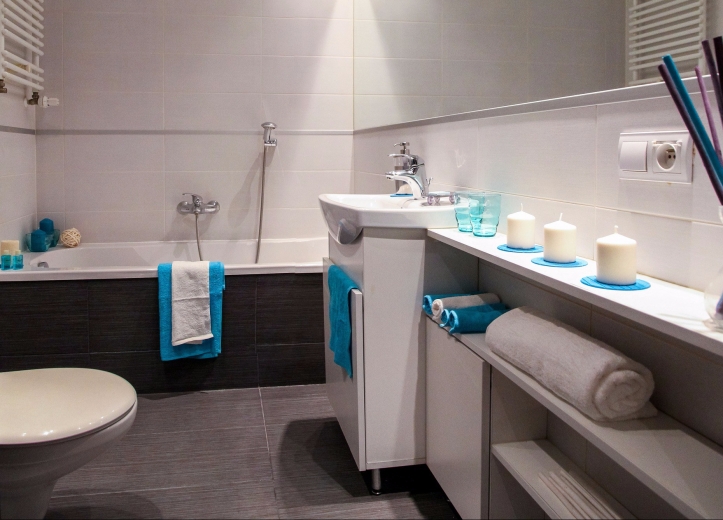
There are plenty of theories, of course.
• A neglected baby whose nappy isn’t changed regularly can start to take comfort from the warm familiarity and smell of a wet nappy.
• It is thought that some children really struggle to “let go” of something they see as part of themselves, hence hiding and keeping waste products.
• It is possible that very low self-esteem could lead to an idea that being dirty and smelly is only right and proper – an outward physical manifestation of inner disgust and self-loathing.
• Sensory issues are common among children who have suffered early trauma. Changing clothes at all can be a real problem once they have found an outfit that they feel really comfortable in.
• If you have suffered many disruptions, it would make sense that you would feel a great need for everything to stay the same as far as humanly possible. Never changing your clothes could well be part of that.
• Perhaps if you know that cleanliness is important to your parents, you could use dirtiness as a way of pushing them away and rejecting their care.
These may be some of the reasons for our children’s attitudes towards hygiene, but what can we do about it? Do we need to do anything about it? Should we just let them suffer the natural consequences of their choice not to wash – discomfort, social ostracism, health problems, even infection, decay and illness?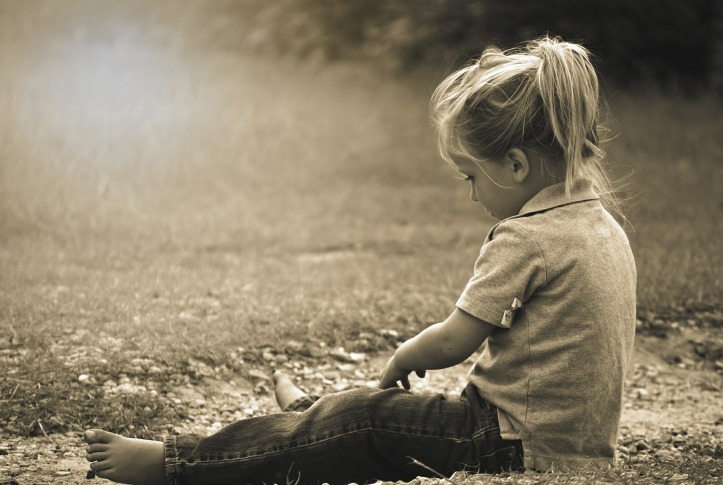 As with so many things, the answer is both yes and no.
As with so many things, the answer is both yes and no.
First, you need to try and work out what is motivating the behaviour. If your child has always had difficulties with, say, teeth brushing or toileting, that is a clear indication that there is something more going on than fairly standard adolescent rebellion, which can account for a lot of these behaviours in older children. It might make sense to try and tackle the root causes of the behaviour by means of therapy.
There is plenty of practical help out there, but you need to be aware that not all programmes are suitable for an adopted child. Enuresis clinics do very good work with “normal” children, but sticker charts and similar reward-based schemes are not going to cut the mustard with many of our children. You need to be very clear with health care professionals that your child is a special case. Don’t assume that they know that or have been trained to deal with adopted children’s issues or that they are even aware of them. When my son came to us, he needed to have a sippy cup full of sweet orange squash in his hands almost all the time. He drank huge amounts – the soothing sweetness of the squash and the reassurance of having a drink to hand at all times was so important to a child who had been left thirsty as an infant and who had endured numerous changes of carer.  When I took him to the dentist and confessed that he drank squash, the dentist was absolutely categorical in his response: “Tell him he is in a new home now, and this is the way you do things and he cannot have sweet drinks anymore.” My son was three at the time and had not been with us very long. Can you imagine if I had taken that advice? It doesn’t bear thinking about. Fortunately I realised that smiling and nodding and ignoring was the best way forward in this situation.
When I took him to the dentist and confessed that he drank squash, the dentist was absolutely categorical in his response: “Tell him he is in a new home now, and this is the way you do things and he cannot have sweet drinks anymore.” My son was three at the time and had not been with us very long. Can you imagine if I had taken that advice? It doesn’t bear thinking about. Fortunately I realised that smiling and nodding and ignoring was the best way forward in this situation.
Similarly, I often hear of desperate parents who have been told by enuresis nurses that their child MUST stop wearing pull-ups at night or face the dire consequences. Nonsense. If you sense your child is not ready to stop wearing pull-ups, let them continue. There is a reason they make them for children up to the age of 15 you know. Our children are often much younger emotionally than they are chronologically. Try to remember that when you are faced with yet another seemingly wilful act of soiling or wetting. Try to go back a few years in your approach, perhaps. Think about games, songs, rituals, picture prompts, bubbles, toys, playfulness, silliness — all the stuff you would do to establish good habits with a very little child.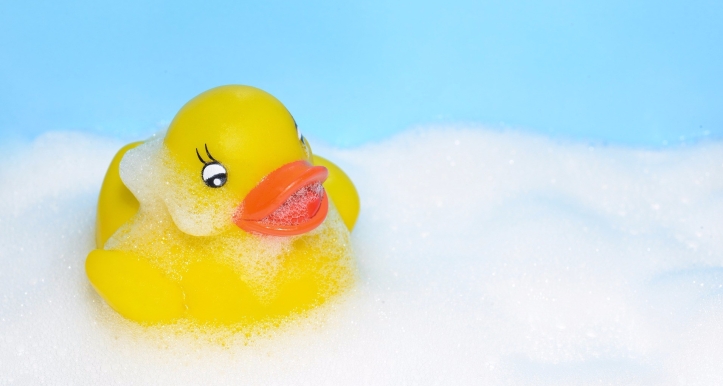 The difficulty with pooing and weeing is very often parents feel as if their child is somehow doing this to them. It is very hard not to take it this way. There are few things more wearying, frustrating and disagreeable than having to mop up after a child long past the age when you thought he or she would be managing on his or her own. And all the “helpful” people who say “Never mind, they won’t still be doing it when they are 15,” frankly don’t know what they are talking about. I think the incidence of kids with quite severe issues around toileting that last even into adulthood is vastly under-reported. (Think about those pull-ups for 15-year-olds readily available in supermarkets. They wouldn’t be there if there wasn’t a good market for them.)
The difficulty with pooing and weeing is very often parents feel as if their child is somehow doing this to them. It is very hard not to take it this way. There are few things more wearying, frustrating and disagreeable than having to mop up after a child long past the age when you thought he or she would be managing on his or her own. And all the “helpful” people who say “Never mind, they won’t still be doing it when they are 15,” frankly don’t know what they are talking about. I think the incidence of kids with quite severe issues around toileting that last even into adulthood is vastly under-reported. (Think about those pull-ups for 15-year-olds readily available in supermarkets. They wouldn’t be there if there wasn’t a good market for them.)
This isn’t surprising. No one really wants to admit that their 14 year old regularly has poo accidents in her pants. Why would they? But perhaps it would be a help if more people did admit it because it is very hard to feel that you are on your own in this – that somehow you and you alone have failed in your parental duty to properly toilet train your child. Perhaps we could start a true confessions column in this magazine to counteract the secrecy surrounding this.
The best solution to this problem is the solution that best suits your family. Take advice, but filter it through what you know about your child’s own experiences and needs. TRY not to make a big deal of it. This is hard. It IS quite a big deal. SO much emphasis is placed on continence and personal hygiene from nursery and right through school. On the plus side, your child will be getting lots of encouragement to “do the right thing”. On the negative side, there could be very important reasons why he or she can’t or won’t keep themselves clean and you may have to run quite a bit of interference for your child so that he or she is treated sensitively and is not made to feel shame about the issue.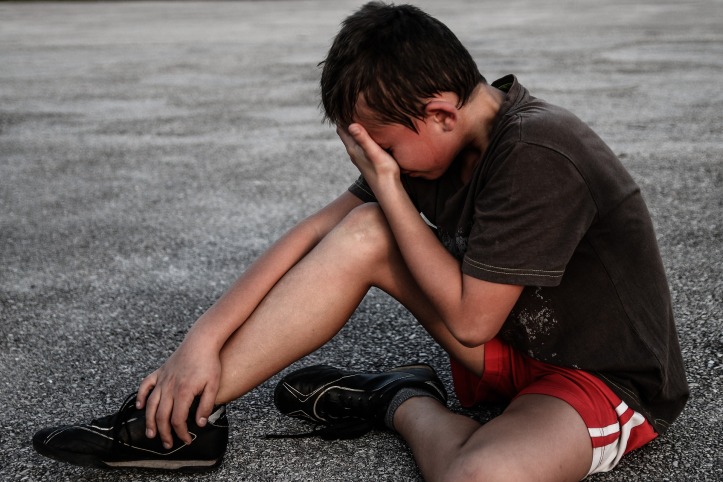 And that is not going to be easy. You are probably going to find it hard yourself to sensitively support your child without shaming them when your house reeks of wee and body odour or you can’t enjoy “normal” family activities because of your child’s hygiene problems.
And that is not going to be easy. You are probably going to find it hard yourself to sensitively support your child without shaming them when your house reeks of wee and body odour or you can’t enjoy “normal” family activities because of your child’s hygiene problems.
There don’t seem to be “quick fixes” for this problem. You are going to have to tough it out. But don’t do it alone. Try to find some understanding people who you can have a good moan to about it and admit just how repulsive and embarrassing you find it. Adoption internet forums are a good place for this. Sometimes people share such outlandish anecdotes that you all end up falling about laughing. We are all clear that trying to shame a child out of behaviours is not only damaging, but a complete waste of time. But what about natural consequences? Isn’t a degree of social aversion the natural consequence of letting yourself get smelly and dirty? I had high hopes that my son’s peers would say rude things about his smell and that would prompt him into making the necessary ablutions. I confess that once he got interested in girls, I mentioned quite a few times that no girl would want to go out with a pongy boy. It hasn’t made a bit of difference. If his schoolmates say anything, he dismisses it as them being mean and nasty to him. Anything I say is dismissed as a matter of course (he is 16 – what do I know about anything?). The people whom he likes and respects, wouldn’t dream of saying anything. I sort of wish they would, but at the same time I don’t want his feelings to be hurt – and they really would be.
We are all clear that trying to shame a child out of behaviours is not only damaging, but a complete waste of time. But what about natural consequences? Isn’t a degree of social aversion the natural consequence of letting yourself get smelly and dirty? I had high hopes that my son’s peers would say rude things about his smell and that would prompt him into making the necessary ablutions. I confess that once he got interested in girls, I mentioned quite a few times that no girl would want to go out with a pongy boy. It hasn’t made a bit of difference. If his schoolmates say anything, he dismisses it as them being mean and nasty to him. Anything I say is dismissed as a matter of course (he is 16 – what do I know about anything?). The people whom he likes and respects, wouldn’t dream of saying anything. I sort of wish they would, but at the same time I don’t want his feelings to be hurt – and they really would be.
So, what to do? Not that much, I think. I take every opportunity I can to encourage clean habits. I spirit away clothes and wash them whenever I get a chance. I do a straightforward bargain with him once a week – no Wi-Fi until you have had a bath – so that I can at least feel that he is not going to develop sores. I suppose I could use this ploy to make him wash more regularly, but it is one of those things that I feel one needs to use judiciously or risk losing its efficacy altogether from overuse.
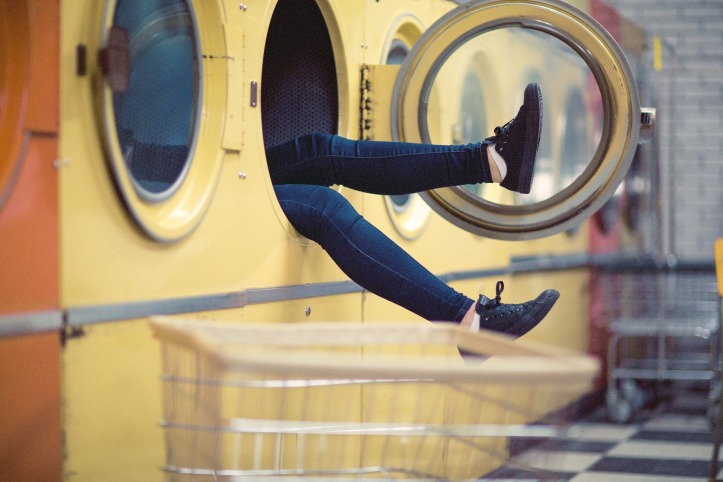
- Try to resist the temptation of chucking your kid into the machine along with the clothes!
I suppose being stinky is not the actual end of the world, and perhaps, in time, whatever drives his need not to wash will abate and the good habits he has been taught will reassert themselves. Hopefully before any permanent damage is done.